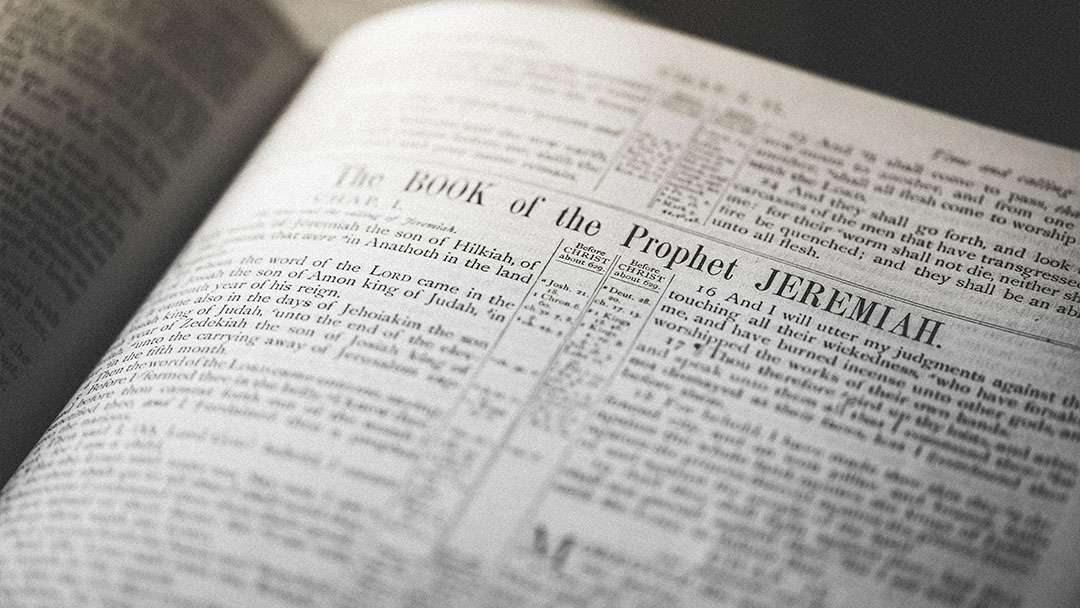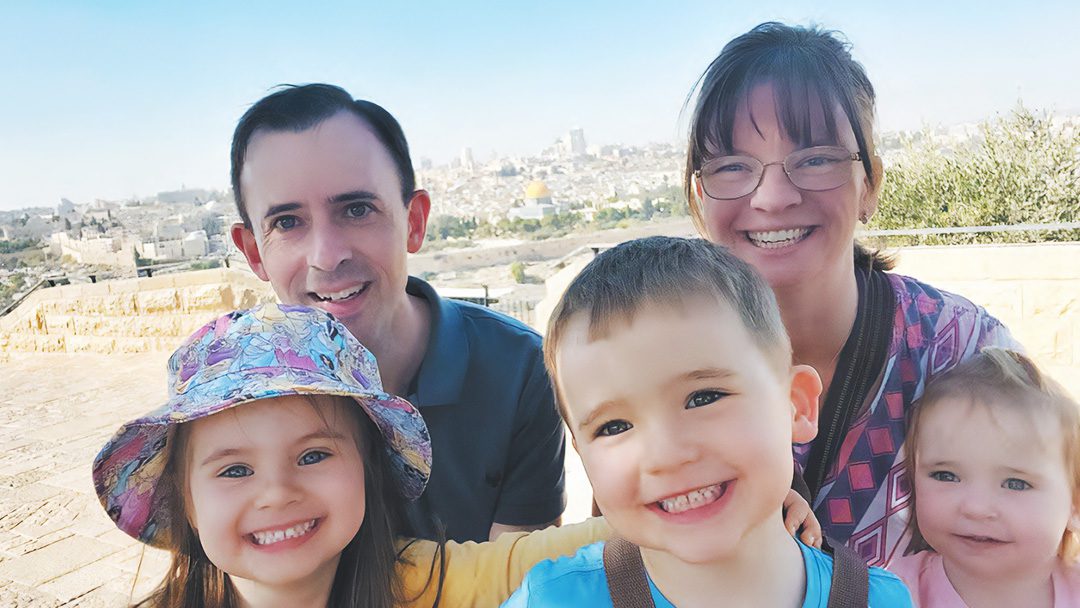These chapters are famous because they speak about “Jacob’s Trouble” (30:7) and the unreliability and sin of the nation of Israel. At the same time, however, they describe God’s everlasting love and loyalty (31:2) and a New Covenant with the house of Israel and the house of Judah (31:30). Thus, the people of Israel may be called a “stubborn daughter” (31:21) but several times also “virgin Israel” (31:3,20) in the same context.
Against this background, the one, true, living God, through the prophet Jeremiah, gives the Jewish people a guarantee of existence that makes it simply impossible for any Bible believer to even consider an existential threat to Israel as a realistic option (31:34-36).
From a biblical point of view, it is crystal clear the any hatred of the Jewish people never ever came close to extinguishing God’s chosen ones, but rather always threatened the very existence of Israel’s enemies. This is not only obvious by looking at the fate of biblical personalities like Pharaoh, Balaam or Haman. It is clear by examining the situation of the sworn enemies of the Jewish people in modern times.
The main theme of Jeremiah 30 through 32, however, is the prospect of the people of Israel returning to the land of Israel and the re-building of modern towns and cities on their original, ancient debris hills (30:18 – the actual archeological technical term “tell” is used here). Describing these events, the text speaks of very specific places and gives astonishingly exact location details – whether we do understand them or not.
The prophet’s emphasis is, actually, that this development is not the result of human efforts, but the sovereign Lord’s dealing with His land and His chosen people. Repeatedly, Jeremiah emphasizes the desire of our Creator’s heart: to dwell among His chosen nation, so that “I will be God for all the families of Israel and they will be a people to Me” (30:25; 31:32).
In chapter 32, the prophet Jeremiah is asked by the Lord to do something absolutely crazy: to buy from his uncle the hereditary property of their family – even though he had just prophesied that the whole of the country will be devastated by the Babylonians. Looking at the overall scenario, any real estate expert would have thought Jeremiah to be absolutely out of his mind.
Jeremiah wrote these texts during the last days of the ancient Kingdom of Judah, just a few weeks or even days before the final conquest of the Land of Israel by the Babylonians. Specifically, the prophet is told to “write for yourselves all the words that I have spoken to you on a book scroll” (30:2) and promised: “In the end of the days” – i.e. in the end times! – “you will understand this” (30:24).
Living in the modern state of Israel at the beginning of the 21st century some of Jeremiah’s statements look amazingly up to date. The serious question arises: Am I illegitimately transferring an ancient text into our postmodern times? Or do we actually see the hand of God at work in our time, as in hardly any time before? And if, indeed, the one, true, living God, who revealed Himself as God of Israel, is at hand and active today, does He call us into action in the framework of this scenario, even if this might look as crazy and as out of mind as Jeremiah’s actions two and a half millennia ago?












0 Comments